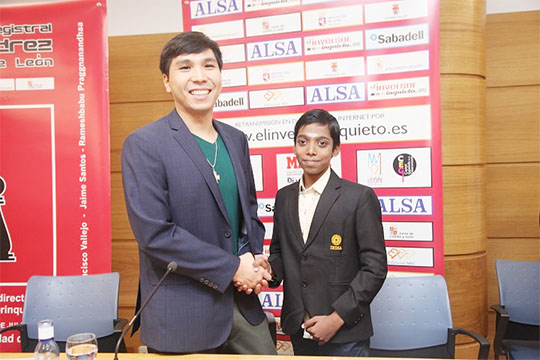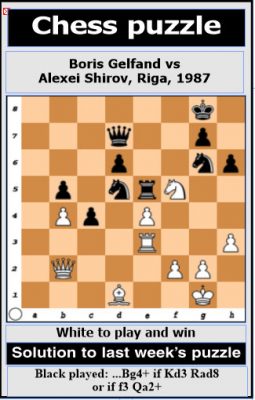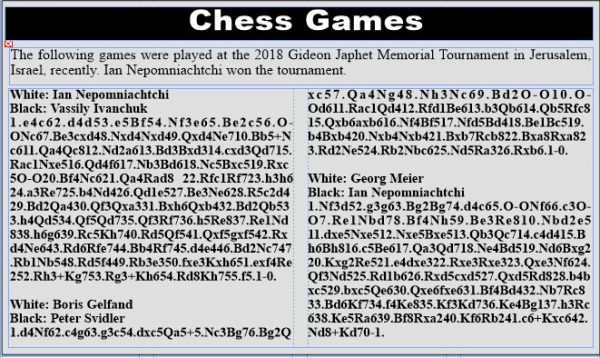 Of the over 1,600 chess grandmasters worldwide, just 36 are women. Why is this so? The answer is that fewer women are playing chess than men beginning from the most modest level.
Of the over 1,600 chess grandmasters worldwide, just 36 are women. Why is this so? The answer is that fewer women are playing chess than men beginning from the most modest level.
The situation is the same in Guyana as it is in other countries, even though the identical opportunities exist for women when they are successful in tournaments.
Things are the way they are probably because women are not strong enough, or do not treat the game with as much seriousness as men, or they drift away at select times to pursue other endeavours.

From the middle ages, chess was a popular social pastime for both men and women, although it was mainly for the upper classes. However, over time, chess became a male-dominated sport. For example, currently, Hou Yifan is the only woman chess player who is ranked among the world’s top 100 players.
Recently, she appeared with another illustrious woman player, Judit Polgar, on the BBC programme “The Conversation” to answer the perennial question: ‘Why don’t more women reach the position you have?’ Polgar related that she was homeschooled from the age of five to concentrate on chess only. Yifan emphasized hard work and a strong competitive spirit as determining factors.
Polgar defeated her first grandmaster at age 11. She attributed her successes, including her climb to the top ten of the world, to the attitude her parents imparted in her; that of playing against the toughest opposition. Early on in her professional chess career, Polgar ceased playing in women-only tournaments, preferring to compete in the men’s competitions.
Yifan discussed the matter of her disagreeing to play a game in Gibraltar in 2017, when she was paired with mostly women instead of prominent grandmasters.
British grandmaster Nigel Short’s views of women reaching the elite level in chess were also discussed during the interview.











